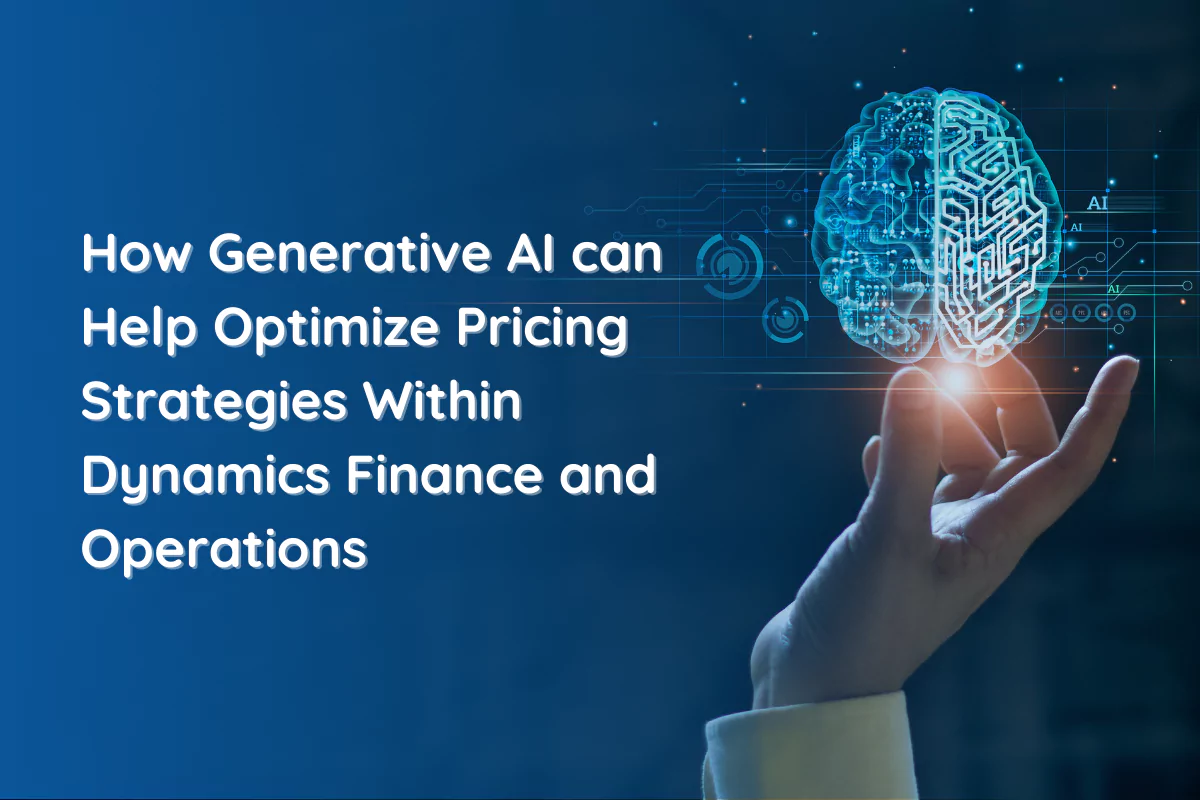
Pricing strategies enable businesses to determine the optimal rates for their products or services. Setting the correct price also defines the valuation of the product. For example, many customers feel an expensive product is valuable and is of premium quality.
However, a company may struggle to optimize its pricing strategies due to market competition. They may be unable to accommodate market fluctuations. Meeting rising user demands is also difficult while setting a product’s pricing.
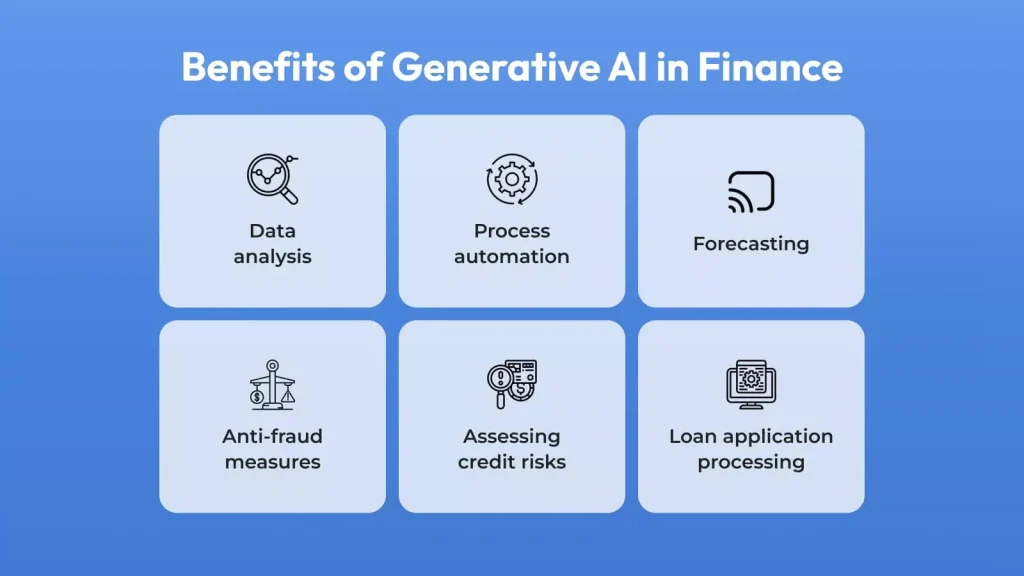
This is where generative AI (artificial intelligence) becomes useful. Integrating AI in D365 Finance and Operations can help simulate various pricing scenarios while considering fluctuations. Generative AI also predicts market trends, enabling businesses to set the right price.
The following post discusses how businesses can integrate D365 Finance and Operations and AI to refine pricing strategies.
Utilizing AI in D365 Finance and Operations for Better Data Queries and Pricing
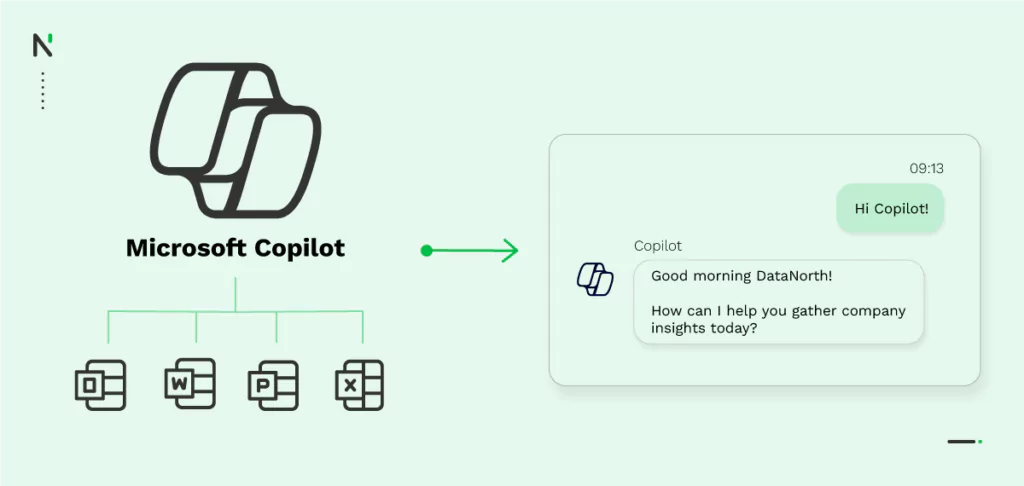
When it comes to generative AI, Copilot is one of Microsoft’s new features in D365 Finance and Operations.
Companies can integrate this powerful tool with D365 Finance and Operations architecture. This helps them manage their financial data spread across various datasets. As a result, they have more control over their data. With a better view of the information, decision-making becomes convenient.
Primarily, Copilot supports queries about structured and unstructured data. Suppose an employee asks a question about a product’s availability, total quantity, and inventory status. They can ask for detailed information based on a particular warehouse or site. It can enable Copilot to pull accurate information about products.
So, if a product’s quantity and inventory stock is low, the company can change the pricing. They can sell the remaining stock at a price lower than before. It can accelerate the sales cycle and attract customers.
As a result, the business might sell the products faster and generate quick revenue!
Customer Segmentation for Tailored Pricing
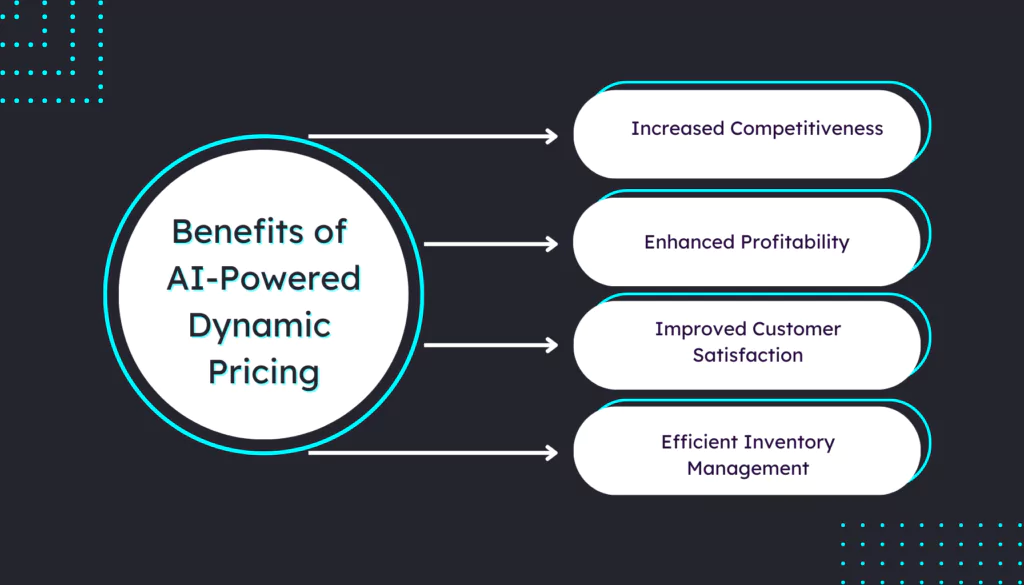
While deciding the ideal pricing of an item, businesses have to consider customer preferences. That’s why dividing customers into segments can help narrow down their needs. Copilot AI in D365 Finance and Operations helps in segmentation by analyzing user databases.
Marketers or CEOs (Chief Executive Officers) can feed Copilot datasets of user data like purchase history, demographics, and preferences. This can let business professionals use Microsoft D365 and understand more about customers. They can obtain the following insights beneficial for pricing :
• Frequent customers can be open to product bundles and special subscriptions
• Customers buying expensive items consistently might prefer loyalty programs
• Occasional customers may need discounts and product variety.
Based on these insights, generative AI can suggest pricing recommendations. If you’re a business owner, consider industry-specific norms when pricing. It can include the product’s current market value, demand, and target customers.
In addition, you can feed market research and competitor pricing data to a generative AI. It can process the information and refine customer segments. Further, the tool can produce more tailored pricing suggestions.
Why are Developing Pricing Strategies Crucial?
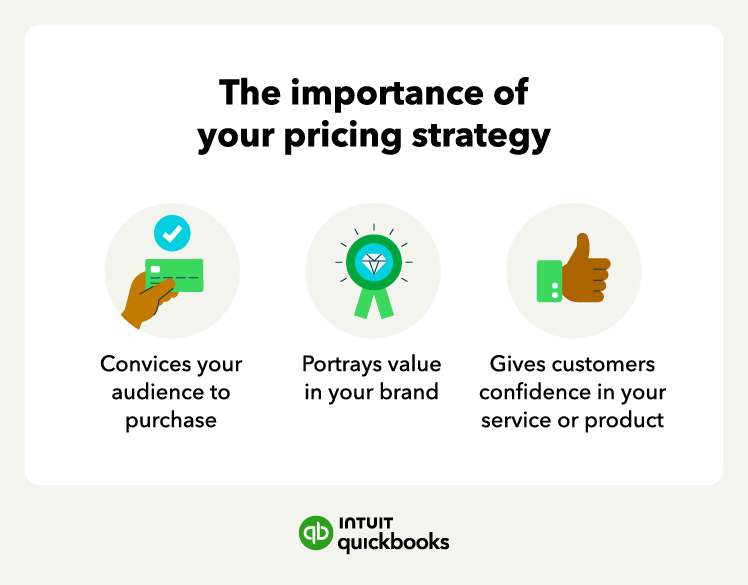
Developing a proper pricing strategy using D365 finance and operations modules is essential to improve brand value. The price tags on your production services determine the type of brand you own.
High-priced and feature-rich products might establish you as a premium brand. However, medium to low-priced products can make you a household name. So, along with valuation and pricing strategies, customer perceptions about the brand should be considered.
Let’s look at the other reasons for preparing appropriate pricing strategies.
1. Competitor Analysis
It’s an absolute must to focus on competitors’ product prices while developing pricing strategies. If your prices are way higher than competitors, it can affect your market share negatively. However, covering production costs can be difficult if the pricing is too low.
Generative AI in D365 Finance and Operations can help compare prices and improve decision-making. It can analyze the market share and conditions. This way, you can gain a competitive advantage.
2. Attracting Customers
Perhaps the most important factor for setting the correct prices is attracting buyers. AI in D365 Finance and Operations and other software is beneficial for addressing customer choices with appropriate pricing.
For example, a company may suffer losses if its goods don’t match the target audience’s budget. So, optimizing the pricing strategy is essential here to fetch buyers and handle company costs. Certain expensive products can be sold at a revised price to clear the stock.
As a result, the company can expand its customer base and boost revenue generation significantly.
The Bottom Line
It has become imperative for businesses to adopt generative AI in D365 Finance and Operations to address market situations. Economic fluctuations, competition, and the need for improved decisions will influence this adoption.
Moreover, AI insights can allow business owners to respond to changing market situations. If a particular customer segment has different pricing choices than before, AI may indicate that. So, companies can optimize their existing pricing to meet new requirements.
Frequently Asked Questions
1. What are the common pricing strategies in businesses?
Dynamic pricing is a common strategy that matches market demand with the product price. Also, businesses use premium pricing to set prices higher than the market. It showcases the brand as high-value in front of customers.
Other common strategies include bundle pricing, cost-plus pricing, and economy pricing.
2. How is AI being used in finance?
Generative AI and machine learning are used to process invoices faster, make financial forecasts, and analyze competitor pricing. AI can fetch vital financial information from large databases during financial planning.
Accounts or Finance Department executives can use generative AI like Copilot to find data trends and patterns. This can enable them to optimize prices and understand market trends better.
3. Can generative AI assess finance risks?
Generative AI can create financial scenarios and evaluate trends to offer insights about potential risks. Companies can use the technology to analyze their current pricing decisions. This can tell them if they are on the right track and will face a profit/loss. However, the efficiency of the AI results depends on the type of data fed to the platform. So, companies need to focus on offering authentic and relevant data to receive actionable results.
